Speech Recognition Over Digital Channels —— Robustness and Standards
----- 数字通道上的语言识别
Forward. Preface. 1 Introduction. 1.1 Introduction. 1.2 RSR over Digital Channels. 1.3 Organization of the Book. 2 Speech Recognition with HMMs. 2.1 Introduction. 2.2 Some General Issues. 2.3 Analysis of Speech Signals. 2.4 Vector Quantization. 2.5 Approaches to ASR. 2.6 Hidden Markov Models. 2.7 Application of HMMs to Speech Recognition. 2.8 Model Adaptation. 2.9 Dealing with Uncertainty. 3 Networks and Degradation. 3.1 Introduction. 3.2 Mobile and Wireless Networks. 3.3 IP Networks. 3.4 The Acoustic Environment. 4 Speech Compression and Architectures for RSR. 4.1 Introduction. 4.2 Speech Coding. 4.3 Recognition from Decoded Speech. 4.4 Recognition from Codec Parameters. 4.5 Distributed Speech Recognition. 4.6 Comparison between NSR and DSR. 5 Robustness Against Transmission Channel Errors. 5.1 Introduction. 5.2 Channel Coding Techniques. 5.3 Error Concealment (EC). 6 Front-end Processing for Robust Feature Extraction. 6.1 Introduction. 6.2 Noise Reduction Techniques. 6.3 Voice Activity Detection. 6.4 Feature Normalization. 7 Standards for Distributed Speech Recognition. 7.1 Introduction. 7.2 Signal Preprocessing. 7.3 Feature Extraction. 7.4 Feature Compression and Encoding. 7.5 Feature Decoding and Postprocessing. A Alternative Representations of the LPC Coefficients. B Basic Digital Modulation Concepts. C Review of Channel Coding Techniques. C.1 Media-independent FEC. C.2 Interleaving. Bibliography. List of Acronyms. Index.
{{comment.content}}

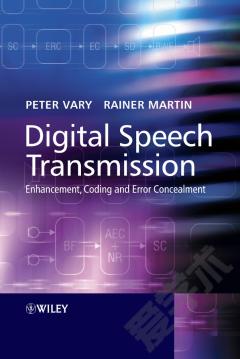
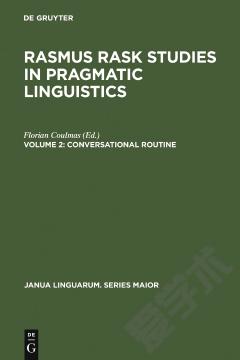
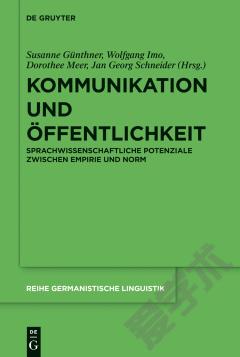
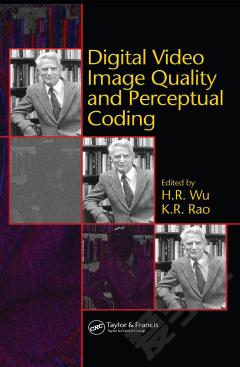
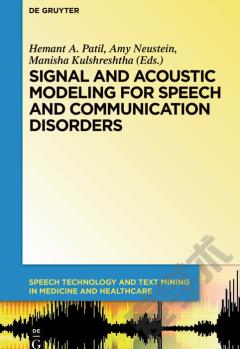
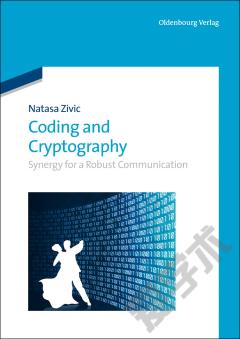

 京公网安备 11010802027623号
京公网安备 11010802027623号